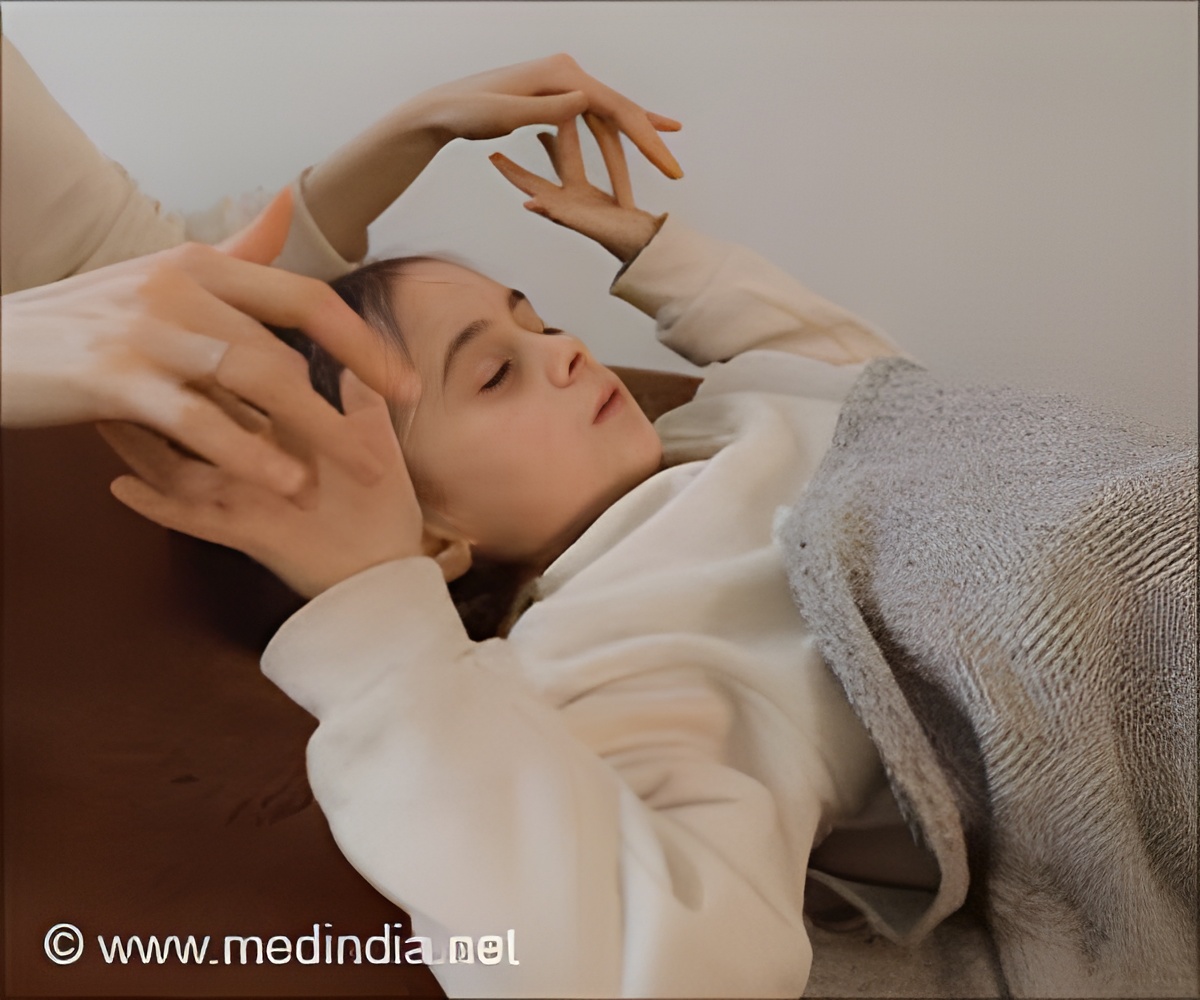Remote mindfulness practice through apps is improving children's mental health. Findings from MIT researchers reveal the positive impact.

- MIT research shows that remote mindfulness through apps benefits children's mental health
- Children using a mindfulness app at home experienced reduced stress and loneliness
- Mindfulness meditation helps children respond to adversity and reduce fear-based reactions
Efficacy of App-based Mindfulness for Kids
According to MIT News, they conducted a study in 2020 and 2021 that revealed that children who used a mindfulness app at home for 40 days experienced improvements in mental health, as well as a reduction in stress and feelings of loneliness (1✔ ✔Trusted SourceAt-Home use of App-Based Mindfulness for Children: A Randomized Active-Controlled Trial
Go to source).
The findings, published in the journal Mindfulness, suggest that remote, app-based mindfulness meditation could reach a larger population. "There is growing and compelling scientific evidence that mindfulness can support mental well-being and promote mental health in a diverse range of children and adults," said senior author John Gabrieli in a press release distributed by MIT News.
Empowering Children with Mindfulness to Shield Against COVID-19 Stress
Another study published in PLOS One found that children who demonstrated higher levels of mindfulness were more emotionally robust to the negative effects of COVID-19 (2✔ ✔Trusted SourceThe mechanism and effectiveness of mindfulness-based intervention for reducing the psychological distress of parents of children with autism spectrum disorder: A protocol of randomized control trial of ecological momentary intervention and assessment
Go to source).
Mindfulness can help you respond to and interpret information. "To some extent, the impact of Covid is out of your control as an individual, but your ability to respond to and interpret it may be something that mindfulness can help with," said lead author Isaac Treves in a release. Mindfulness meditation can also aid in the reduction of fear-based reactions and ideas.
The new study's findings confirmed this, revealing that after eight weeks of remote, app-based mindfulness meditation, children exhibited more significant declines in anger and despair. The app-based mindfulness exercise also allows youngsters to set their own pace and have more control over how they engage with mindfulness.
References:
- At-Home use of App-Based Mindfulness for Children: A Randomized Active-Controlled Trial - (https://link.springer.com/article/10.1007/s12671-023-02231-3)
- The mechanism and effectiveness of mindfulness-based intervention for reducing the psychological distress of parents of children with autism spectrum disorder: A protocol of randomized control trial of ecological momentary intervention and assessment - (https://journals.plos.org/plosone/article?id=10.1371/journal.pone.0291168)
Source-Medindia














